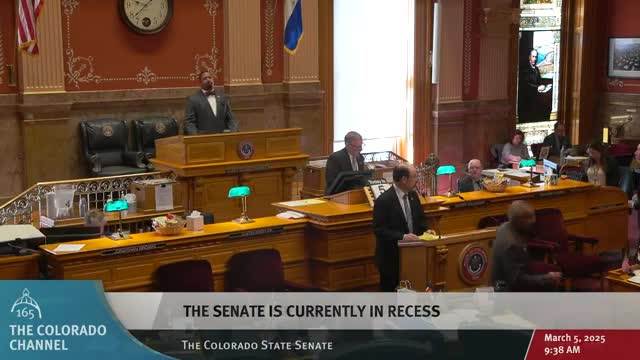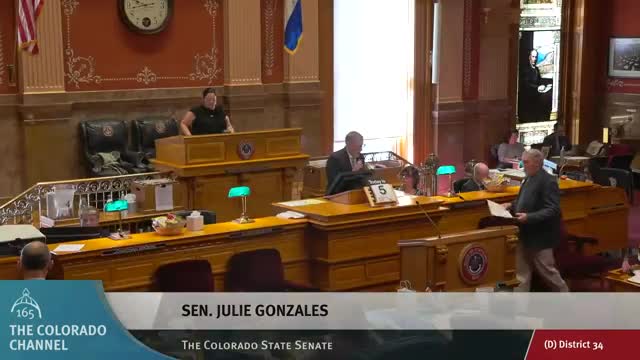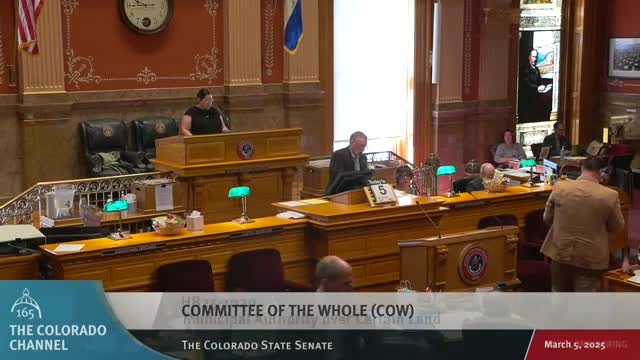Article not found
This article is no longer available. But don't worry—we've gathered other articles that discuss the same topic.

Votes at a glance: Senate passes two bills and a resolution; several items advanced or laid over

Senate approves second reading of bill allowing small municipalities exemption from residential energy code

